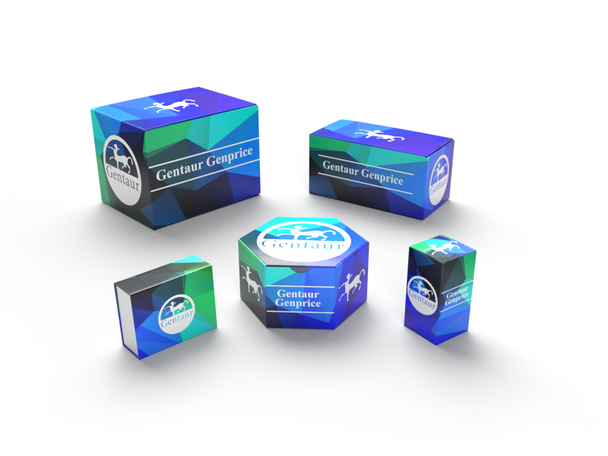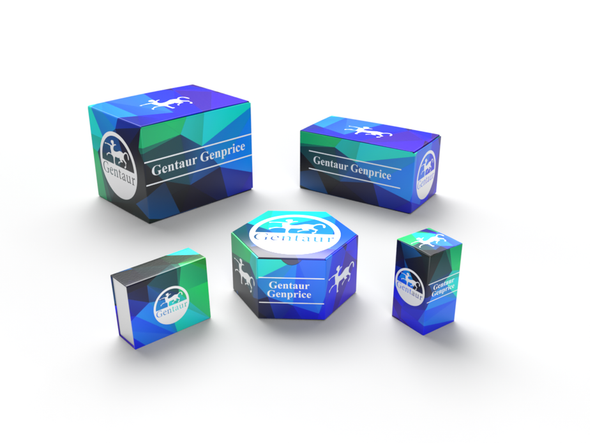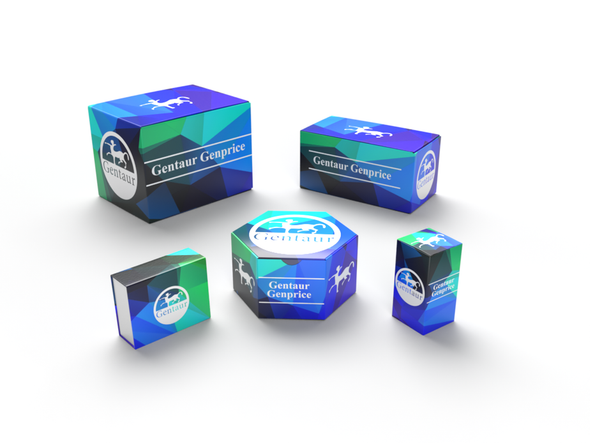Description
Rat Anti-Mouse Persephin Antibody | 103-M453 | Gentaur UK, US & Europe Distribution
Species: Anti-Mouse
Host / biotech: Rat
Comment: N/A
Label: N/A
Clone / Antibody feature: (#6H29)
Subcategory: Monoclonal Antibody
Category: Antibody
Synonyms: Bpifa2; Psp; Bpifa2e
Isotype: IgG2
Application: WB
Detection Range: N/A
Species Reactivity/Cross reactivity: Mouse
Antigen: recombinant mouse Persephin
Description: Persephin is a secreted protein belonging to the glial cell linederived neurotrophic factor (GDNF) family of the TGFβ superfamily. It shares 3846% amino acid identity with family members GDNF, neurturin and artemin. Persephin is expressed at very low levels in most tissues. The 10-12 kDa mature protein contains several cysteines that are conserved among family members. It circulates as an unglycosylated disulfidelinked homodimer. Mature mouse persephin shares 94%, 81%, 79% and 76% amino acid sequence identity with rat, human, bovine and canine persephin, respectively. Like other GDNF family members, persephin acts through engagement of a glycosylphosphatidylinositol (GPI) linked GDNF receptor family (GRF) member that signals through the receptor tyrosine kinase RET. Persephin is reported to promote both the survival and growth of central dopaminergic and motor neurons, and kidney development. These effects are correlated with the expression patterns of its specific receptor, GFRα4, and RET. Functional GFRα4 isoforms are found only in thyroid, adrenal medulla and portions of the central nervous system and include GPI linked, transmembrane and soluble forms. In vitro, persephin promotes survival only in neurons which coexpress GPIlinked GFRα4 with RET. This effect does not show a strong correlation to the recruitment of RET in lipid rafts seen with other GDNF family members. Disruption of the persephin gene results in mice that are morphologically normal but have more damage and less effective repair after a central nervous system insult simulating a stroke.
Purity Confirmation: N/A
Endotoxin: N/A
Formulation: lyophilized
Storage Handling Stability: Lyophilized samples are stable for 2 years from date of receipt when stored at -20°C. Reconstituted antibody can be aliquoted and stored frozen at < -20°C for at least six months without detectable loss of activity.
Reconstituation: Centrifuge vial prior to opening. Reconstitute the antibody with 500 µl sterile PBS and the final concentration is 200 µg/ml.
Molecular Weight: N/A
Lenght (aa): N/A
Protein Sequence: N/A
NCBI Gene ID: 19194










